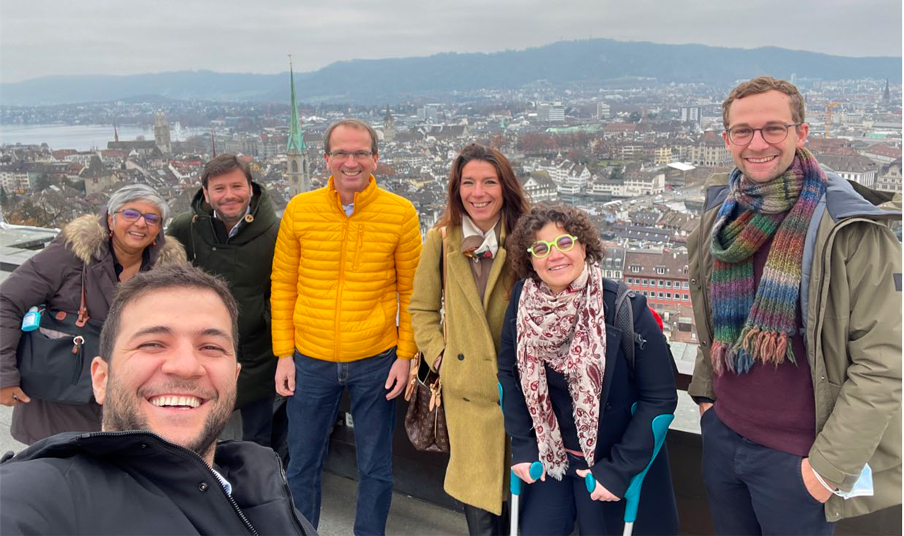December 2020 – November 2022
The availability of medical supplies in ICRC’s health facilities is a prerequisite to their life-saving work in conflict zones. The downstream material flow to these often remote and dangerous locations depends upon the upstream flow of information as input to forecasting and planning processes. Information delay, distortion, or amplification can result in stockouts, which alternate with (often expiring) overstocks. Material can only flow to the right place at the right time if information flows correctly. In other words, the availability of life-saving material in hospitals depends on effective planning processes, which are, in turn, dependent on the timely flow of correct and complete demand information. The disruption or distortion of these information flows results in dysfunctional, underperforming systems, which have been observed at the ICRC. ICRC’s experience with this problem has produced strong but untested hypotheses of the root causes of demand distortion. However, the data has not yet been collected and recorded in a standardized, consolidated way.
ETHZ PI: Prof. Stephan Wagner, Logistics Management, D-MTEC
Partner(s): Dr. Bublu Thakur-Weigold (ETH), Max Löffel (ETH), Rubén Naval Artal (ICRC), Mouin Chreif (ICRC), Sophie Gligorijevic (ICRC), Rana El Baba (ICRC)

The ICRC logistics planning team visits the ETH team in Zurich, November 24th 2021. Clockwise from front left to right: Mouin Chreif (ICRC), Bublu Thakur-Weigold (ETH), Ruben Naval Artal (ICRC Nairobi), Prof. Dr. Stephan Wagner (ETH), Sophie Gligorijevic (ICRC), Rana El Baba (ICRC), Max Löffel (ETH).
Planned scientific publication
- Research paper on technology adoption factors at ICRC
- Research paper on the inventory calculator applied to a non-profit sector (e.g., for the INFORMS Journal of Applied Analytics)
- Teaching case study on inventory planning in a humanitarian organization
Other non-scientific communication
-
Article in the ETH News from 14.02.2024: “ETH Zurich logistics tool saves ICRC millions“
-
An interview with Mouin Chreif explaining the results of the workstream 2 was posted on the ICRC intranet in early 2022.
-
On March 18th, 2022, Ruben Naval Artal, ICRC Head of Global Supply, joined the ETH MSc course “Humanitarian Operations and Supply Chain Management” as a guest lecturer on the project. He is scheduled to deliver another lecture at the Spring 2023 session.
- Hosted by EPFL’s Essential Tech Centre, Dr. Bublu Thakur-Weigold presented the EHA ICRC project at Zürich Digital Festival on September 19th, 2022.
- The project was presented at the EHA Networking event on October 6th, in the ICRC museum in Geneva.
- The project was discussed in an episode of the SRF “Einstein” show entitled “Forschen für den Frieden” broadcast on December 8th, 2022.
